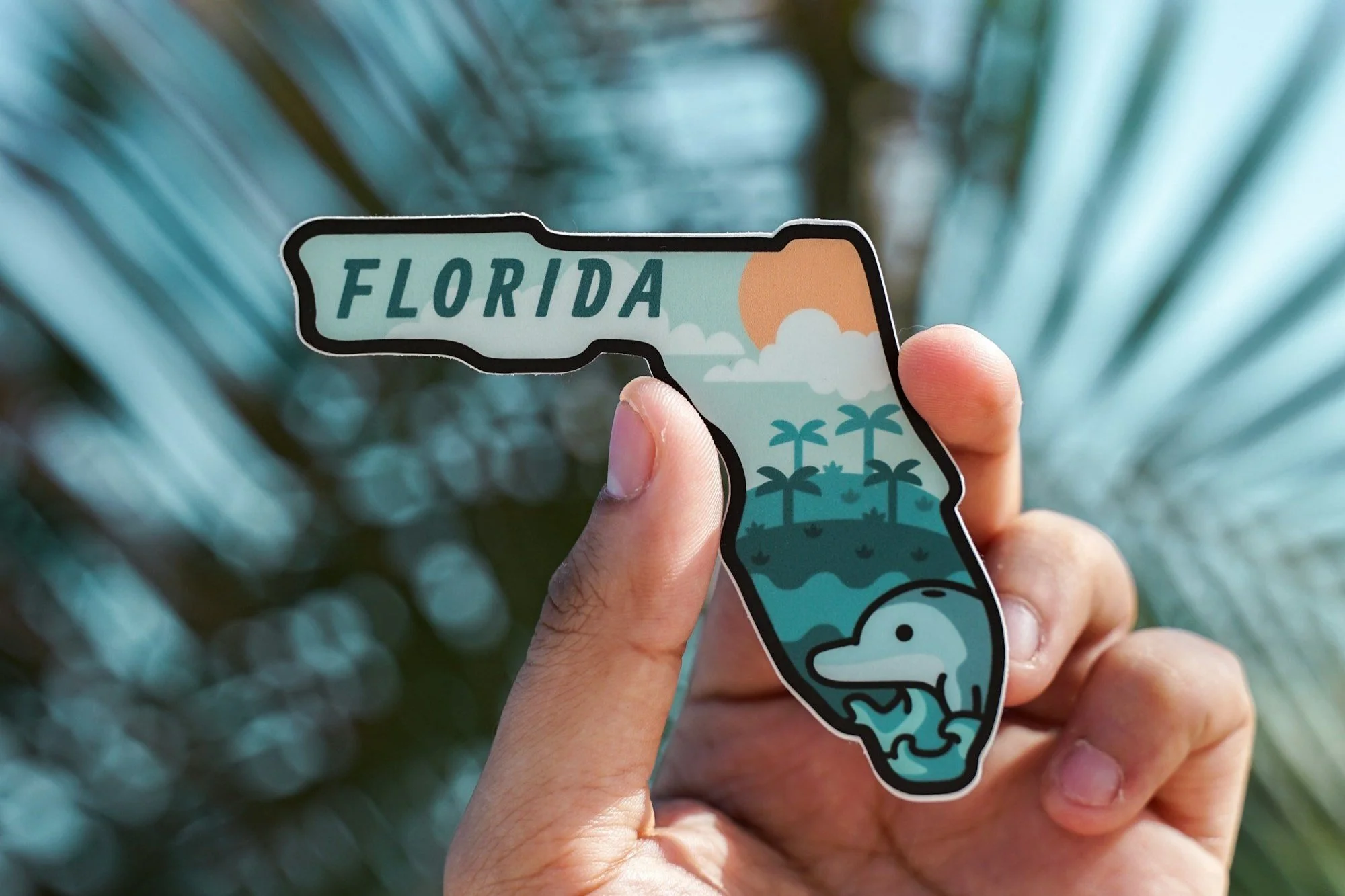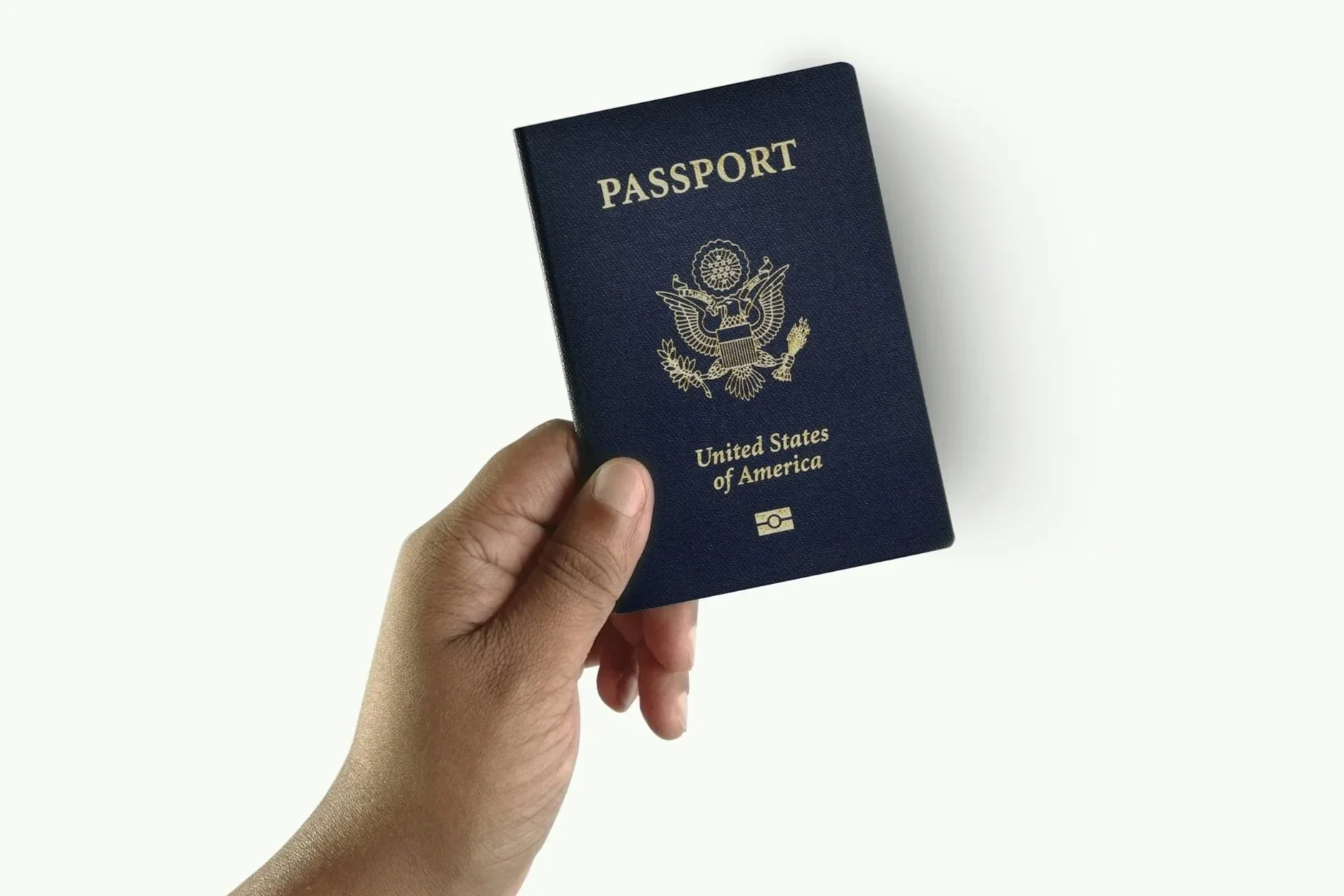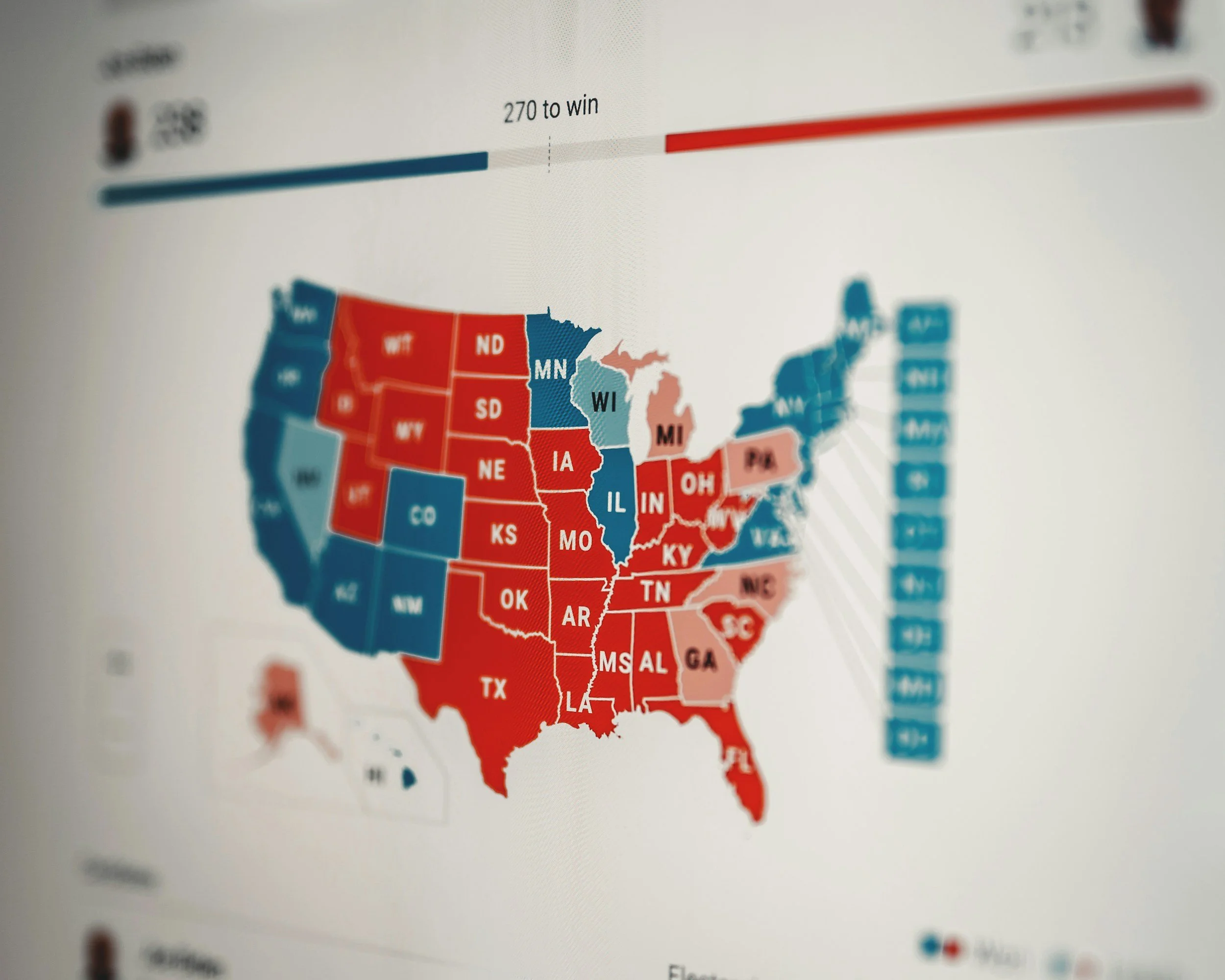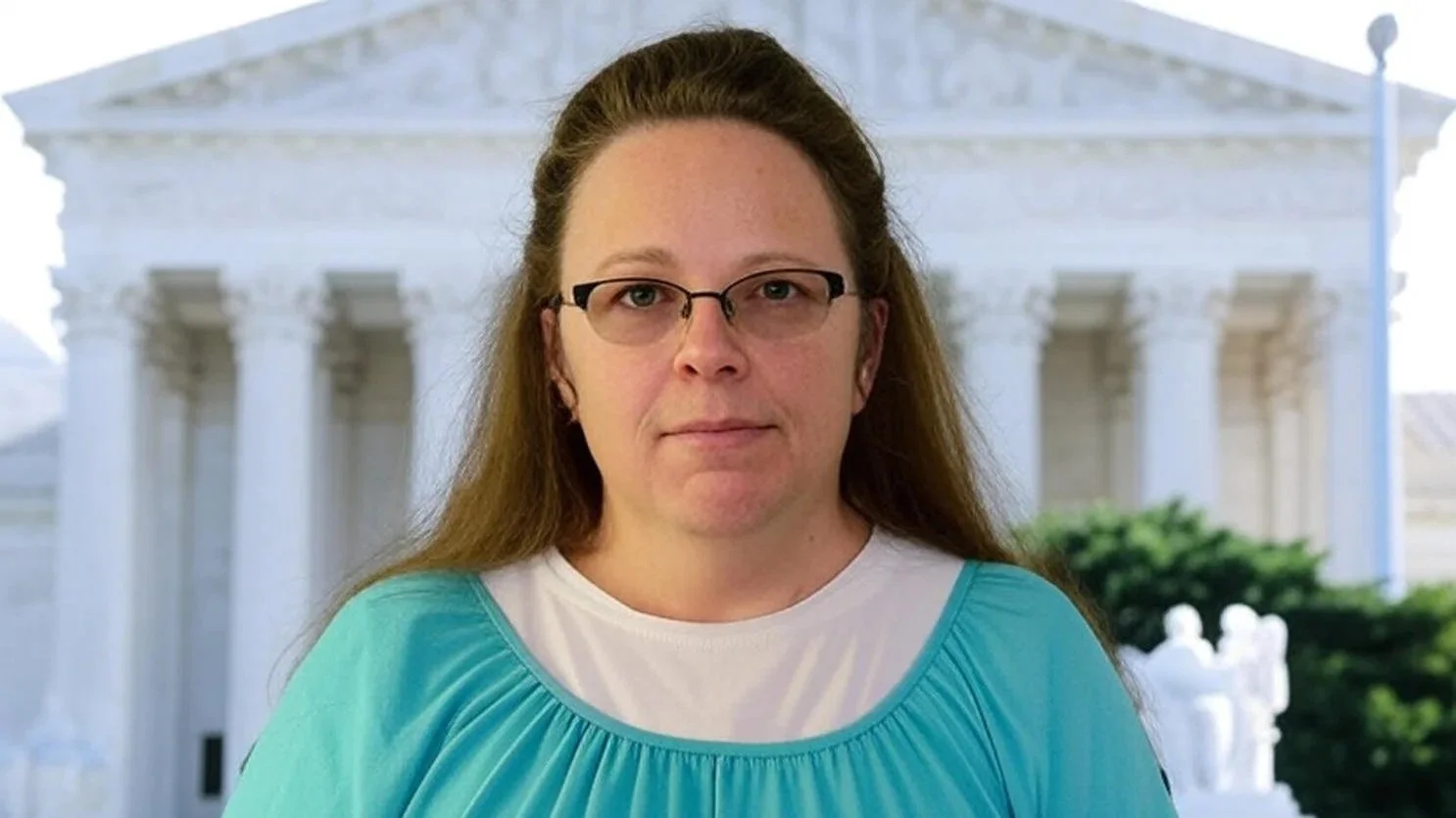Supreme Court Blocks Florida’s Immigration Law, Reinforcing Federal Authority
On July 9, 2025, the U.S. Supreme Court declined Florida’s request to enforce Senate Bill 4-C (SB 4-C), a state law that criminalizes the entry or presence of undocumented immigrants in Florida. The decision, issued in a brief, unsigned order with no recorded dissents, upholds a lower court’s injunction that has blocked the law since April 2025. This ruling underscores the ongoing tension between state and federal authority over immigration policy, a contentious issue with significant implications for immigrant communities, law enforcement, and national policy.
Background on SB 4-C
Enacted in February 2025 and signed by Governor Ron DeSantis, SB 4-C makes it a crime for individuals who entered the United States illegally to enter or remain in Florida. The law imposes severe penalties, including felony charges for certain immigrants and mandatory pretrial detention without bond. It also authorizes local law enforcement to arrest individuals based on their immigration status, raising concerns about racial profiling and discrimination. A notable case involved the illegal arrest of a U.S. citizen under the law, highlighting its potential for misuse.
The law was challenged by the Florida Immigrant Coalition, the Farmworker Association of Florida, and several undocumented immigrants who could face arrest and prosecution. These plaintiffs argued that SB 4-C is preempted by federal immigration laws, specifically the Immigration and Nationality Act (INA), and violates the dormant commerce clause of the U.S. Constitution, which prohibits states from enacting laws that unduly burden interstate commerce.
Legal Proceedings
District Court Ruling
In April 2025, U.S. District Judge Kathleen Williams issued a preliminary injunction prohibiting Florida officials, including law enforcement, from enforcing SB 4-C. Williams agreed with the challengers that the law likely conflicts with federal immigration laws, which have long been recognized as the federal government’s domain. She also found that the law’s enforcement could violate constitutional protections by imposing undue burdens on interstate movement.
On July 7, 2025, Williams found Florida Attorney General James Uthmeier in civil contempt for failing to fully comply with her order to direct state law enforcement not to enforce SB 4-C. Uthmeier had informed agencies of the injunction but later instructed them to make arrests, prompting the contempt ruling.
Appeals Court Action
Florida appealed to the 11th U.S. Circuit Court of Appeals, which, on June 6, 2025, unanimously denied the state’s request to stay the injunction. The appeals court noted that the federal government’s “longstanding and distinct interest” in regulating immigration, as established by the INA, likely preempts SB 4-C. The court fast-tracked the appeal, scheduling oral arguments for the week of October 6, 2025, indicating the case’s urgency and complexity.
Supreme Court Filing
On June 17, 2025, Florida’s acting solicitor general, Jeffrey DeSousa, petitioned the Supreme Court to intervene and allow enforcement of SB 4-C while the appeal proceeds. DeSousa argued that states have the authority to enact laws to address illegal immigration and that SB 4-C “scrupulously tracks federal law” without violating the dormant commerce clause. He also contended that Judge Williams’ injunction was overly broad, as it prohibited all law enforcement officials from enforcing the law, even though they were not directly sue.
The challengers countered that SB 4-C conflicts with the federal government’s comprehensive immigration framework, which balances national interests through tools like criminal regulation of entry. They argued that Florida’s law seeks to “wrest control” from federal authorities, undermining Congress’ intent. They also dismissed the need to narrow the injunction, noting that allowing arrests for unchargeable crimes would violate the Fourth Amendment.
On July 7, 2025, Florida filed a supplemental brief citing a Trump administration filing in the 11th Circuit that supported SB 4-C, arguing it coexists with federal law. The challengers responded on July 8, asserting that the administration’s brief, which reversed its earlier stance, does not alter the preemption analysis, as Congress’ intent remains the key factor.
Supreme Court Decision
On July 9, 2025, the Supreme Court rejected Florida’s request to pause the injunction, issuing a one-sentence order without explanation, a common practice for emergency appeals. The lack of dissents suggests a unified stance, though the absence of reasoning leaves open questions about the Court’s view on the merits.
Historical Context: State Immigration Laws and Federal Preemption
The conflict between state and federal authority over immigration is deeply rooted in U.S. law. The U.S. Constitution grants the federal government exclusive power to regulate immigration, a principle reinforced by landmark Supreme Court decisions. In Arizona v. United States (2012), the Court struck down key provisions of Arizona’s SB 1070, which allowed state police to enforce federal immigration laws, ruling that such actions intruded on federal authority.
Historically, states have attempted to regulate immigration in areas like housing, employment, public benefits, and language policies, often facing legal challenges:
Housing Laws: States like Texas and Pennsylvania have passed laws prohibiting landlords from renting to unauthorized immigrants. These laws have often been struck down for creating state-specific immigration standards, as seen in Villas at Parkside Partners v. City of Farmers Branch (2008), where a Texas ordinance was invalidated.
Employment Laws: The 1986 Immigration Reform and Control Act (IRCA) established federal standards for hiring unauthorized workers. State laws aligning with IRCA, like Arizona’s, have been upheld, but those imposing stricter rules, like Oklahoma’s, have been preempted (Chicanos Por La Causa v. Napolitano).
Public Benefits: The Personal Responsibility and Work Opportunity Reconciliation Act of 1996 (PRWORA) sets federal guidelines for noncitizen access to benefits, limiting state authority to impose additional restrictions.
Official-English Laws: Some states have declared English as the official language, but these laws have faced challenges for potentially conflicting with federal protections.
SB 4-C follows a pattern of state laws in Texas, Oklahoma, Idaho, and Iowa, all of which have been blocked or are under legal scrutiny for similar reasons. The consistent judicial rejection of these laws, including appellate rulings from the Fifth, Eighth, and Eleventh Circuits, reinforces the federal government’s primacy in immigration regulation.
Impact of the Decision
The Supreme Court’s decision to maintain the block on SB 4-C prevents Florida from enforcing a law that critics argue fosters fear and discrimination in immigrant communities. Advocates, including the ACLU, have hailed the ruling as a reaffirmation of federal authority over immigration. Cody Wofsy of the ACLU’s Immigrants’ Rights Project stated, “This denial reaffirms a bedrock principle that dates back 150 years: States may not regulate immigration.” Similarly, Bacardi Jackson of the ACLU of Florida emphasized that “immigration enforcement is a federal matter and that no one should be stripped of their liberty without due process.”
The decision also has broader implications, as at least seven states, including Texas, Oklahoma, and Iowa, have passed similar laws in recent years, all of which are currently blocked or not yet in effect (The Washington Post). These laws reflect growing state-level efforts to address illegal immigration, often citing concerns about border security, drug trafficking, and human smuggling. However, opponents argue that such laws overstep constitutional boundaries and harm vulnerable populations.
Ongoing Legal and Policy Implications
The case is far from resolved. The 11th Circuit’s upcoming oral arguments in October 2025 will further examine whether SB 4-C can coexist with federal law or if it is preempted. A potential appeal back to the Supreme Court could provide a definitive ruling on the merits, shaping the future of state immigration laws.
The debate over SB 4-C reflects broader policy tensions. Proponents, including Florida officials and the Trump administration, argue that states must act to address illegal immigration due to perceived federal inaction. Critics, including immigrant rights groups, contend that state laws like SB 4-C disrupt federal policy, lead to civil rights violations, and create a patchwork of inconsistent regulations.
The Supreme Court’s decision to block Florida’s SB 4-C reinforces the federal government’s authority over immigration, aligning with a long history of judicial rulings favoring federal preemption. By maintaining the injunction, the Court protects immigrant communities from the law’s immediate impacts while the legal battle continues. As the 11th Circuit prepares to hear arguments, the outcome will likely influence similar laws nationwide, shaping the delicate balance between state autonomy and federal supremacy in immigration policy.



















In a significant policy shift, federal prosecutors in the District of Columbia have been directed to stop bringing felony charges against individuals solely for carrying rifles or shotguns. The new directive, confirmed by U.S. Attorney for D.C. Jeanine Pirro, stems from a Justice Department determination that the city's longstanding ban on the public carry of long guns is unconstitutional in light of recent Supreme Court precedent.